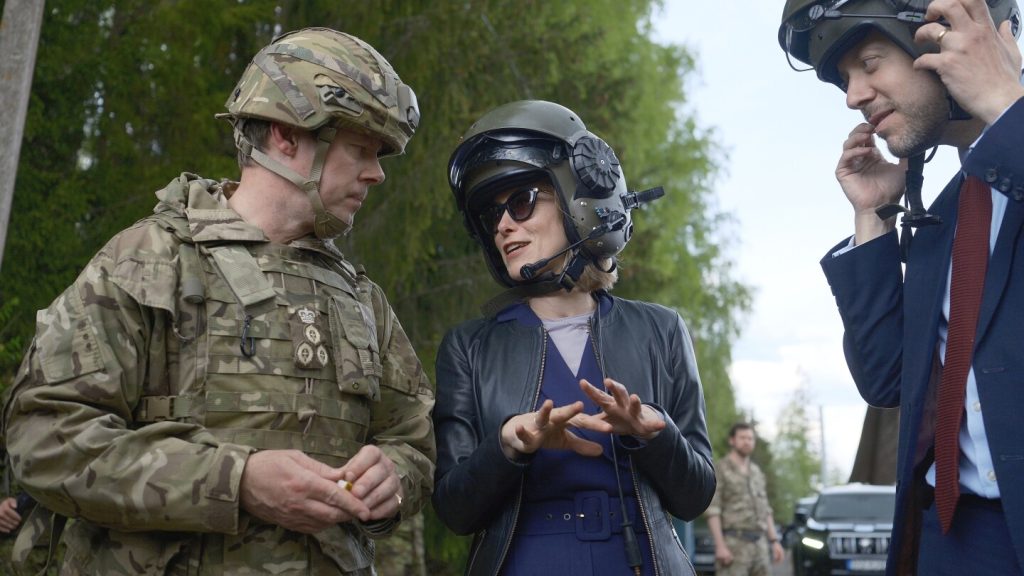Estonia is facing a rise in sabotage, electronic warfare, and spying activities, all attributed to Russia. As the conflict in Ukraine tilts in Russia’s favor, frontline countries like Estonia, Latvia, and Lithuania are enhancing their defenses. Estonian Prime Minister Kaja Kallas has described Russia’s actions as a “shadow war” against the West, emphasizing the need for vigilance. Lithuania’s President Gitanas Nauseda has warned of potential acts of sabotage in the region, while Poland has recently arrested individuals suspected of being directed by Russia’s secret services.
Western officials and experts believe that Russia is shifting tactics due to the sanctions imposed on Russian intelligence operatives. The Kremlin is now engaging in hybrid operations, including cyberattacks, election interference, disinformation campaigns, and attacks on Putin’s opponents. With crucial elections approaching in the West, the intensity of such activities is expected to increase. Estonian intelligence agencies have been on high alert, with various incidents like espionage charges against a university professor and disruptions in GPS signals linked to Russian jammers.
Estonia has a history of aggressively pursuing espionage activities and publicly exposing Russian agents operating within its borders. The country has consistently apprehended more Russian agents per capita than other European nations. Former President Toomas Hendrik Ilves highlighted that some nations refrain from decisive action against Russia due to business interests. The lack of firm responses encourages bad actors to continue their disruptive activities, leading to potential unintended consequences.
Recent incidents involving attacks on opposition figures and journalists have revealed the complex web of Russian intelligence operations in Europe. Investigative journalist Christo Grozev, who exposed Russian involvement in high-profile poisonings, became a victim of outsourcing attacks. Russian intelligence allegedly hired burglars to break into Grozev’s apartment in Vienna, highlighting the risks faced by journalists and activists challenging the Kremlin. Grozev emphasized the need for international collaboration to combat foreign influence operations.
Despite longstanding accusations of Russian meddling in Europe, there is no collective mechanism for addressing these attacks. Estonian officials advocate for stricter measures within the European Union to counter hybrid threats, including sanctions against intermediaries working for Russian intelligence. By limiting visas for Russian diplomats and enhancing intelligence sharing between security services, nations can deter future hostile activities. The goal is to prevent further destabilization and erosion of trust in the face of Russian aggression.
Russian President Vladimir Putin is using various tactics, including shadowy attacks, to undermine Western unity and support for Ukraine. The ultimate aim is to weaken the collective West and shape a new geopolitical landscape favorable to Russia. Estonia and its allies are calling for a coordinated response to confront Russian aggression and protect European security. As the threat of hybrid warfare continues to evolve, the need for international cooperation and proactive measures against hostile actors becomes increasingly urgent.


